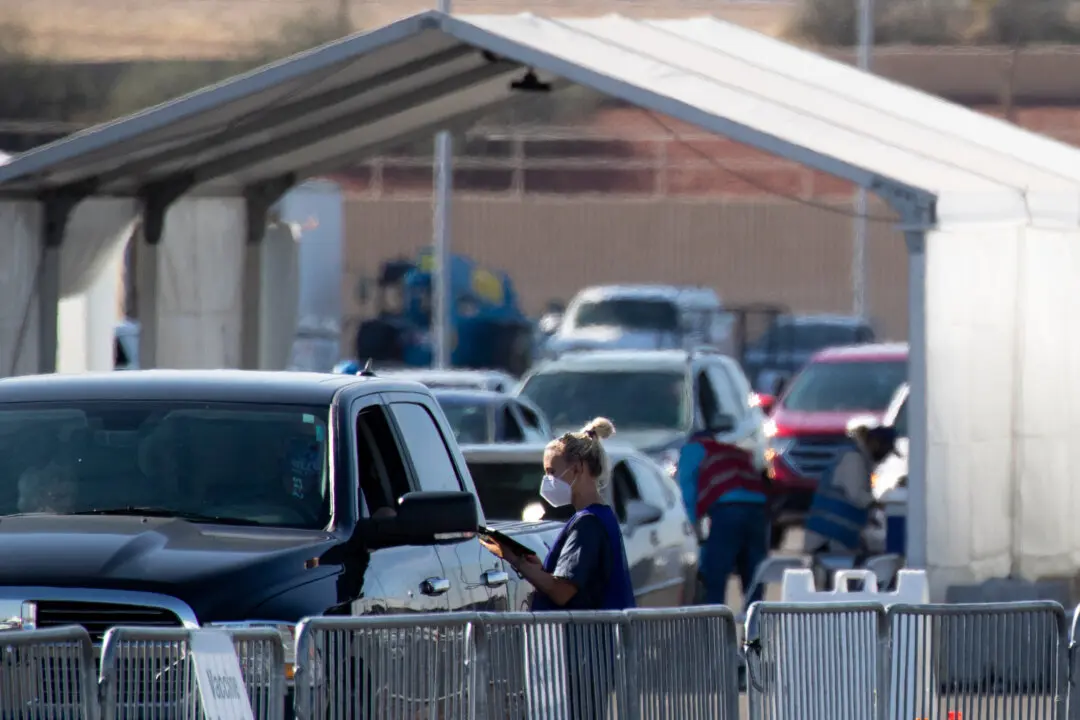Moderna’s updated COVID-19 vaccine was not more effective at preventing COVID-19 infection, according to a new study.
Researchers funded by Moderna analyzed the updated shot, which contains elements of the Wuhan virus strain and the BA.1 strain, in comparison to the old booster, which was only targeted at the Wuhan variant. They recorded more participants contracting COVID-19 in the group who received the updated booster.





